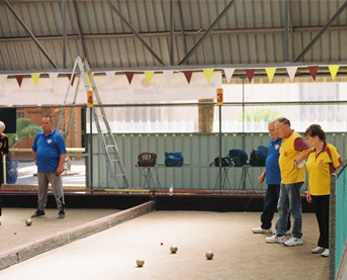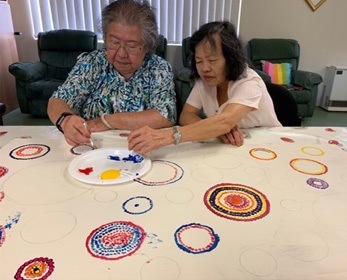This postdoctoral research project aims to investigate the level of ease of access to and most importantly, the compatibility of government funded support services available to migrant family caregivers of older people. This project seeks to garner a better understanding of the gaps in existing policy infrastructure and public services that are geared toward supporting the informal caregivers that have traditionally served as cultural brokers for their ageing parents and are now assuming greater age-related care responsibilities.
This work builds upon Dr Cheng Yen Loo’s research in diversity studies and familial caregiving practices amongst non-English speaking migrant families. Given the increasing cohort of older people in Australia, this project is particularly timely as the challenges experienced by informal caregivers from migrant backgrounds have been largely under-represented in aged care policy and public service provision. There is also increased pressure and need for support for those serving as familial caregivers in migrant households, as they are often the cultural brokers navigating the aged care landscape on behalf of older family members, as well as the linchpin that connects the needs of their ageing parents with aged care services available in the wider community.


